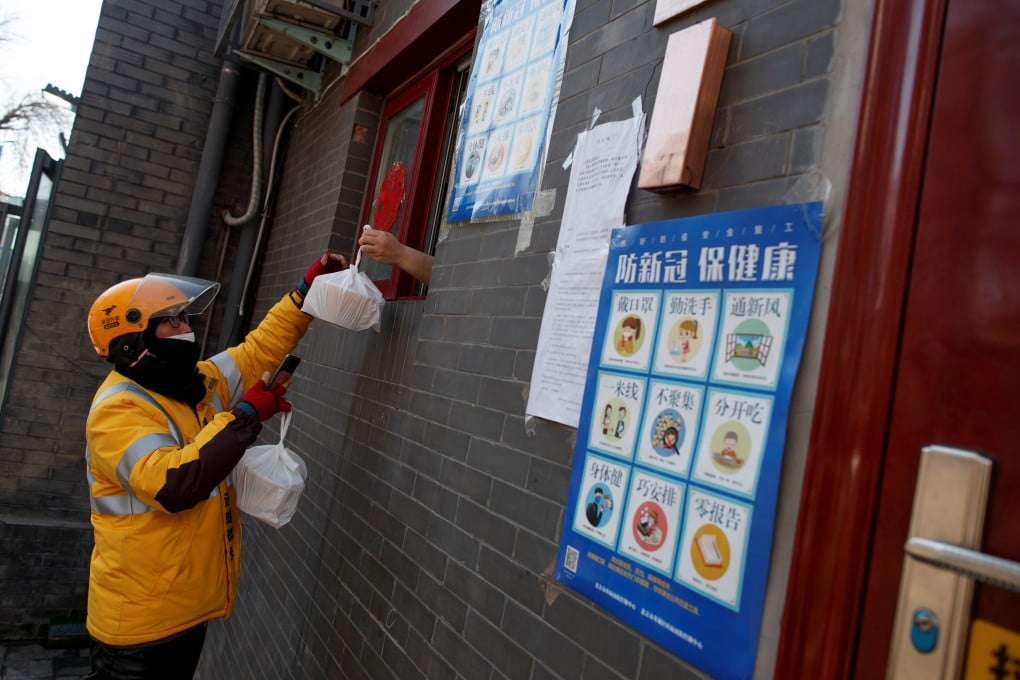Can China’s drive to protect gig economy workers work by pressing Big Tech to give more?
- The focus on labour rights is part of the Chinese government’s push to create a fairer society and narrow the income gap under President Xi Jinping
- Internet companies must now sign labour contracts with their gig workers, and provide them with the insurance coverage of state-run insurers

China’s technology companies from the smallest start-ups to the biggest multibillion-dollar companies are rushing to comply with a government order to unionise, as the Communist Party asserts its imperative as the champion of the working class, even occasionally employed “gig” workers.
China’s largest ride-hailing company Didi Chuxing and the second largest e-commerce platform in the country JD.com became the first Big Tech companies to fall into line this month, amid rising government pressure on employee unionisation issues. But experts say that the gig economy might not change much in China.
The new state-sponsored unionisation drive may leave many workers excluded as they are not considered employees, which is the basis for union membership, said Eli Friedman, an assistant professor at Cornell University. It may, however, bring more scrutiny of tech giants, which have faced government crackdowns on multiple fronts in recent months.
“All these kinds of start-ups, as well as the more established tech companies, must listen and compromise, otherwise they will not have the backing of the state,” which would be inconvenient for their operations, said Jenny Chan, an assistant professor at the Hong Kong Polytechnic University (PolyU).

